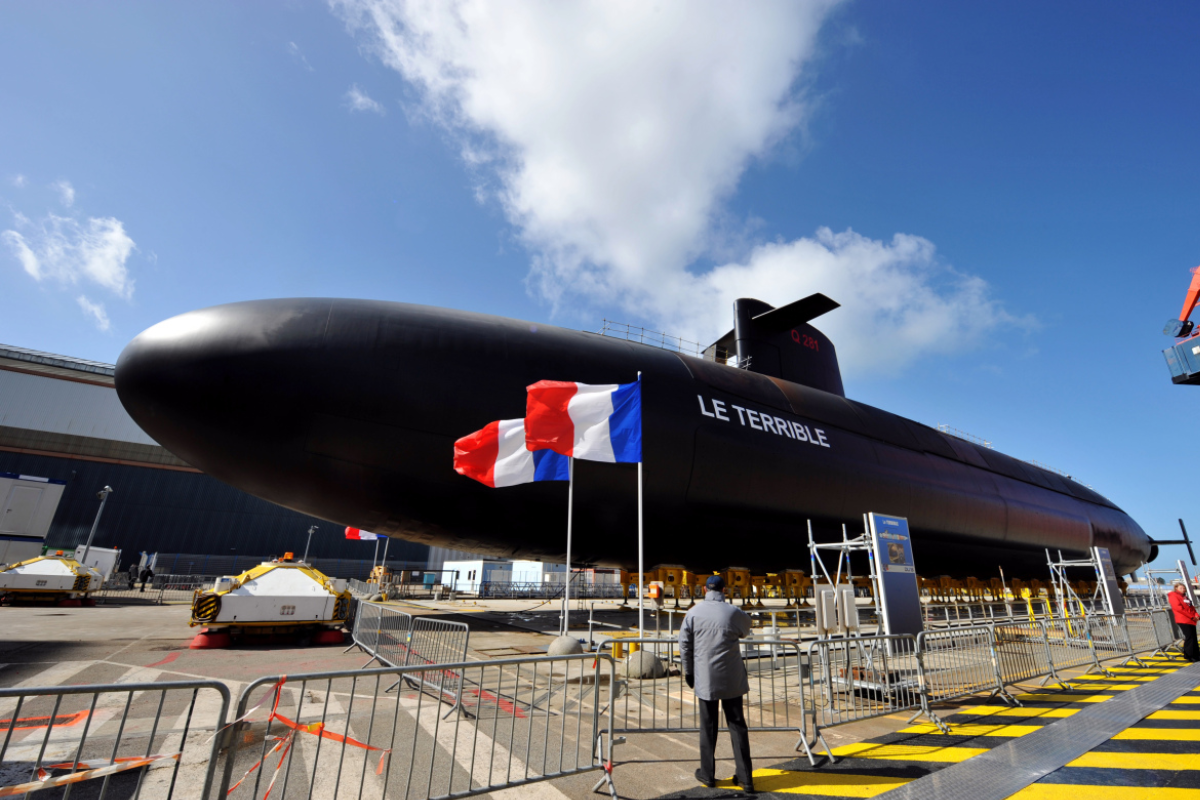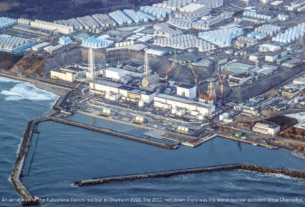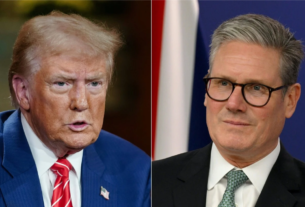France has offered a nuclear defense shield to European allies, aiming to strengthen regional security against potential threats. President Emmanuel Macron proposed the idea during a speech on February 24, emphasizing the need for Europe to take greater responsibility for its own defense.
“The security of Europe must not depend solely on others,” Macron said. He suggested that France’s nuclear arsenal could serve as a protective deterrent against external threats.
France is the only European Union country with nuclear weapons, possessing an estimated 290 warheads. The United Kingdom also has nuclear capabilities, but it is no longer part of the EU after Brexit.
Macron’s proposal comes amid growing concerns over Russia’s military actions. The war in Ukraine has heightened fears of further aggression in Europe.
France has historically maintained an independent nuclear strategy. Unlike the U.S. and the UK, it does not share its nuclear weapons with NATO allies.
Some European leaders are cautious about relying on France’s nuclear deterrent. Countries like Germany and Poland may prefer to continue depending on NATO’s U.S.-led nuclear shield.
Macron believes Europe should develop a more autonomous defense strategy. He argues that greater military independence would reduce reliance on American protection.
The proposal is part of France’s broader push for stronger European defense cooperation. Macron has repeatedly called for increased military spending and joint security initiatives.
“The threats we face are evolving,” Macron stated. He emphasized that Europe must adapt to modern security challenges, including cyberwarfare and hybrid conflicts.
Some analysts see Macron’s offer as a political move to increase France’s influence in European security matters. By positioning itself as a nuclear protector, France could take a leadership role in defense policies.
Critics argue that a nuclear shield should remain under NATO’s control. They believe that a unified approach is safer than relying on a single country’s nuclear capabilities.
NATO’s primary nuclear deterrence is currently provided by the United States. However, Macron’s proposal raises questions about whether Europe should establish its own independent deterrent.
The discussion over nuclear security has become more urgent. Russia’s repeated threats have intensified concerns about Europe’s ability to defend itself.
Germany, a key EU power, has yet to formally respond to Macron’s idea. Chancellor Olaf Scholz has prioritized conventional military spending over nuclear policies.
Other European countries may be reluctant to commit to France’s nuclear plan. Some leaders worry that closer cooperation on nuclear defense could lead to diplomatic tensions with the U.S.
France’s military doctrine allows for the use of nuclear weapons as a last resort. Macron has not specified whether the nuclear shield would involve direct protection agreements with other EU nations.
If the plan moves forward, it could redefine European security strategies. A nuclear deterrent independent of NATO would mark a significant shift in defense policies.
Macron’s proposal also raises questions about military funding. Expanding a nuclear protection system would require significant investment in defense infrastructure.
France has consistently pushed for greater European military self-sufficiency. The country has urged EU members to invest more in their armed forces.
For now, the proposal remains in the discussion phase. Future negotiations will determine whether other European countries support or reject the idea.
Macron continues to advocate for a stronger European military alliance. His nuclear shield proposal is part of a broader effort to enhance the continent’s defense capabilities.




